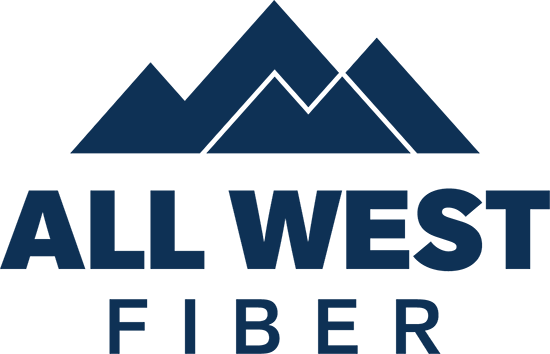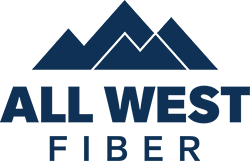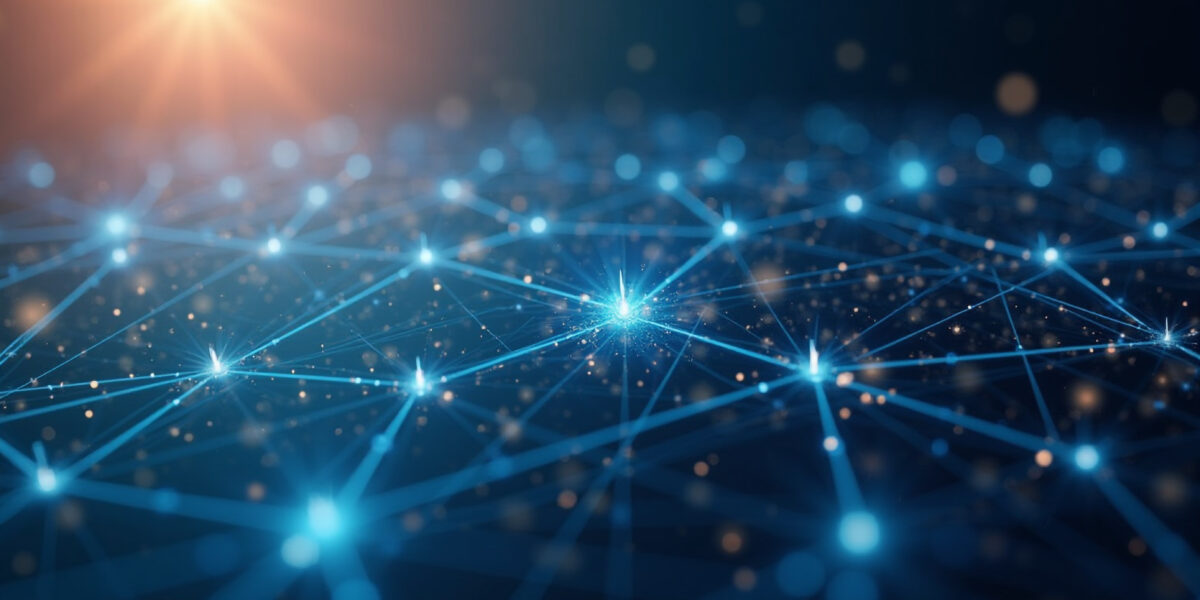How Does Fiber Internet Work
Fiber optic internet uses thin strands of glass or plastic, known as optical fibers, to transmit data via light signals. These signals travel at incredibly high speeds, offering unmatched bandwidth and low latency.
How Does Cable Internet Work?
Cable internet, on the other hand, utilizes the same coaxial cables that deliver cable television. While it is widely available and relatively easy to install, its performance can vary based on the number of users in a given area.

Key Comparisons: Fiber Optic vs Cable Internet
Speed and Performance
- Fiber Optic Internet: Offers symmetrical upload and download speeds that can exceed 1 Gbps. This makes it ideal for activities such as gaming, streaming in 4K, and large file transfers.
- Cable Internet: Typically asymmetrical, with faster download speeds (up to 1 Gbps) but slower upload speeds. This can affect performance during activities that require high bandwidth in both directions, like video conferencing.
Reliability and Latency
- Fiber Optic Internet: Less susceptible to interference and weather conditions, ensuring a more stable connection with minimal latency.
- Cable Internet: Can be affected by electrical interference and network congestion, leading to fluctuating performance especially during peak usage times.
Availability and Cost
- Fiber Optic Internet: While its availability is growing, it is still primarily found in urban and suburban areas. Installation can be more expensive due to the need for specialized infrastructure.
- Cable Internet: More widely available, especially in rural areas. Installation costs are generally lower as it utilizes existing cable television infrastructure.
Scalability and Future-Proofing
- Fiber Optic Internet: Designed to handle significant increases in data demand, making it a future-proof technology. Its infrastructure can support technological advancements without substantial upgrades.
- Cable Internet: Limited by the capacity of coaxial cables and may require infrastructure overhauls to keep pace with future data demands.
Is Fiber Internet Better Than Cable?
In terms of speed, reliability, and future-proofing, fiber optic internet generally offers superior performance compared to cable internet. However, the best choice depends on your specific needs and the availability of services in your area.
What About DSL or Other Alternatives?
DSL (Digital Subscriber Line) uses telephone lines to deliver internet service and is generally slower and less stable than cable. While DSL can be a viable option in areas lacking cable or fiber services, cable internet typically offers better performance.
What Are the Pros and Cons of Fiber Optic vs Cable Internet?
| Feature | Fiber | Cable |
|---|---|---|
| Speed | Exceptional speeds with symmetrical upload and download. | Fast download speeds, but significantly slower upload speeds. |
| Latency | Low latency, ideal for gaming and video conferencing. | Higher latency, which can affect real-time applications. |
| Reliability | Very reliable, less prone to congestion and weather disruptions. | Performance can fluctuate, especially during peak usage hours. |
| Future-Proofing | Designed to handle future bandwidth demands with minimal upgrades. | Less adaptable to growing internet needs over time. |
| Availability | Still expanding—limited in rural or underserved areas. | Broadly available in urban and suburban locations. |
| Installation Cost | Typically higher due to newer infrastructure. | Lower cost, often uses existing infrastructure. |

Is Fiber Optic Internet the Future of Connectivity?
Many industry experts believe that fiber optic internet is indeed the future of connectivity due to several compelling reasons:
- Scalability: Fiber optic networks can be easily upgraded to accommodate faster speeds and higher data demands, making them more future-proof.
- Technological Advancements: As technology continues to advance, the demand for higher bandwidth and faster internet speeds will likely increase, and fiber optic infrastructure is well-suited to meet these needs.
- Support for Emerging Applications: Fiber optic internet is ideal for supporting emerging technologies such as 4K/8K streaming, virtual reality (VR), augmented reality (AR), and the Internet of Things (IoT).
- Investment and Deployment: Governments and private companies are increasingly investing in fiber optic infrastructure, recognizing its potential to provide robust and reliable internet access for the long term.
Which is More Reliable for Connectivity?
In terms of reliability, fiber optic internet generally has the edge over cable internet:
- Signal Quality: Fiber optic cables are less susceptible to interference from electromagnetic signals, weather conditions, or physical obstructions, leading to a more stable connection.
- Infrastructure: Fiber optic networks often experience fewer outages and maintenance issues compared to cable, which can be affected by aging copper lines and amplifiers.
- Longevity: Fiber optic cables are more durable and less prone to deterioration over time compared to coaxial cables.
Why Choose all West for Your Internet?
- Local support: Enjoy peace of mind with responsive, friendly customer service from a local team that understands your community.
- No data caps: Stream, work, and game without limits—our plans come with truly unlimited data, so you never have to worry about overage charges.
- Affordable plans: Get fast, reliable internet at a price that fits your budget, with transparent pricing and no hidden fees.
- Gigabit options: Upgrade to lightning-fast gigabit internet and experience seamless streaming, ultra-low latency gaming, and instant downloads.
Conclusion
The 'fiber optic internet vs cable' debate ultimately hinges on individual needs and service availability. Fiber optic internet stands out with superior speed, reliability, and scalability, positioning it as the future of digital connectivity. However, cable internet remains a practical and widely accessible option for many households.
That being said, the reliability of both types of internet connections can also be influenced by factors such as network design, provider infrastructure, and local conditions. It's important to choose a reputable Internet Service Provider (ISP) that maintains a robust network and provides responsive customer support.
As the digital landscape continues to evolve, staying informed about these technologies will ensure you can make the best decision for your connectivity needs. Whether you prioritize cutting-edge performance or reliable availability, understanding the strengths and limitations of 'fiber optic internet vs cable' will keep you ahead in the race for better internet.
Contact us to find out how All West Communications can help you find the right internet option for your needs.
